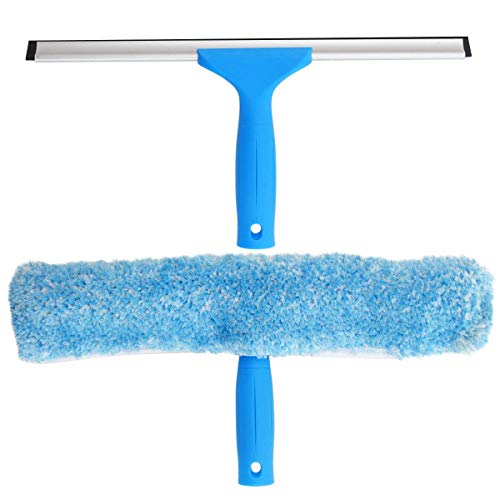- Messages
- 14,337
- Location
- Cornwall
How long is a piece of string , it depends on a number of things , how many hours is it running a day what the amp hour rating of the battery is , what the charge rate is and so the list goes on , to charge it a couple of times a week with a decent smart charger certainly isn’t going to hurt it , that’s what I would do ,I have always charged mine every night .My battery is connected to the vehicle battery. I occasionally go for a longer drive to get it charged up. The battery powers a reel and pump.
Should I be connecting it to a charger for a good charge, and if so, how frequently?
It has never died on me yet but I appreciate I could be shortening it's life by not fully charging it.
























